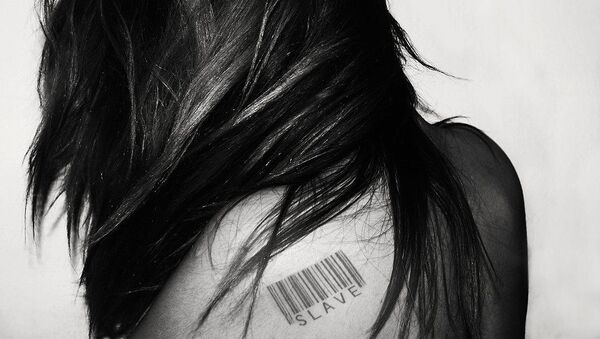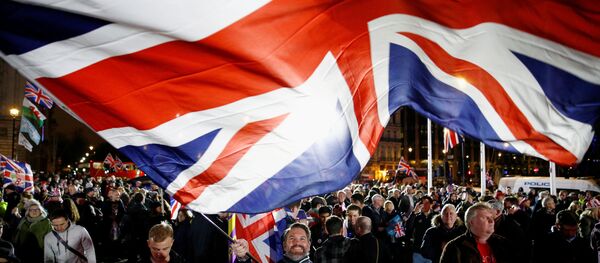It's been announced individuals supported through the modern slavery victim care contract will be allowed to stay in government-funded safe accommodation for the next three months, as the government steps up measures to protect the vulnerable from coronavirus.
Through the National Referral Mechanism (NRM), victims of modern slavery can access support, including accommodation for at least 45 days. Ordinarily, they would be helped to move on from their accommodation after this period, but present circumstances would make this difficult if not impossible.
“The safety of modern slavery victims and frontline staff supporting them remains a top priority. By taking this decisive action we will ensure vulnerable people continue to have access to safe accommodation. The advice is clear we all need to stay at home to save lives and protect the NHS. The NRM will continue to take referrals of potential modern slavery victims and those referred will be provided with the support they require, including accommodation. The government also continues to work with The Salvation Army, the primary provider of support, on reviewing processes and policy to maintain the services they provide to modern slavery victims during this time,” said Safeguarding Minister Victoria Atkins.
The news follows release of figures indicating the number of potential modern slavery victims referred to the NRM rose sharply in 2019 to 10,627 9, a 52 percent increase year-on-year and the first time since records began the total has exceeded 10,000. Two-thirds of victims said their exploitation took place in the UK only, while 26 percent said it was exploitation that took place overseas only.
The NRM end of year summary for 2019 has now been published. It shows a 52% increase in referrals from 2018, with a total of 10,627 potential victims of modern slavery referred. Click the link below to access the full data 👇📈https://t.co/EMgtPwi72P
— EastMidlandsSMP (@SMP_EastMids) April 6, 2020
More than 40 percent of referrals were victims who claimed they’d been exploited as children, with labour exploitation the most common form of exploitation. The three most common nationalities referred to the NRM were British, Albanian and Vietnamese. In response, anti-trafficking charity CARE called on Whitehall to issue new guidance for public authorities on identifying and helping victims of modern slavery during the coronavirus pandemic.
“To see such a sharp rise in the overall number of referrals to the NRM is incredibly disturbing. While some of this can be attributed to increased police focus on modern slavery and forces becoming better at identifying potential victims, such a big jump in referrals is still shocking. We must never forget that behind these statistics are real people, whose lives have been cruelly ruined by those who would treat them as mere commodities. With the coronavirus pandemic disrupting all of our lives, we again today call on the Government to issue clear guidance for public authorities so they can continue this vital work of identifying and supporting victims. It’s crucial we make sure the support for victims remains in place, because without the right support, they cannot hope to rebuild their shattered lives,” said CARE Chief Executive Nola Leach.
Research conducted by Home Office in 2014 estimated there are 10,000 - 13,000 potential victims of modern slavery in the UK, but the UK National Crime Agency has suggested this is but the “tip of the iceberg” and the true numbers are likely to be substantially higher as many victims are unable or reluctant to report to authorities or may not be recognised as victims of modern slavery even if they do.



